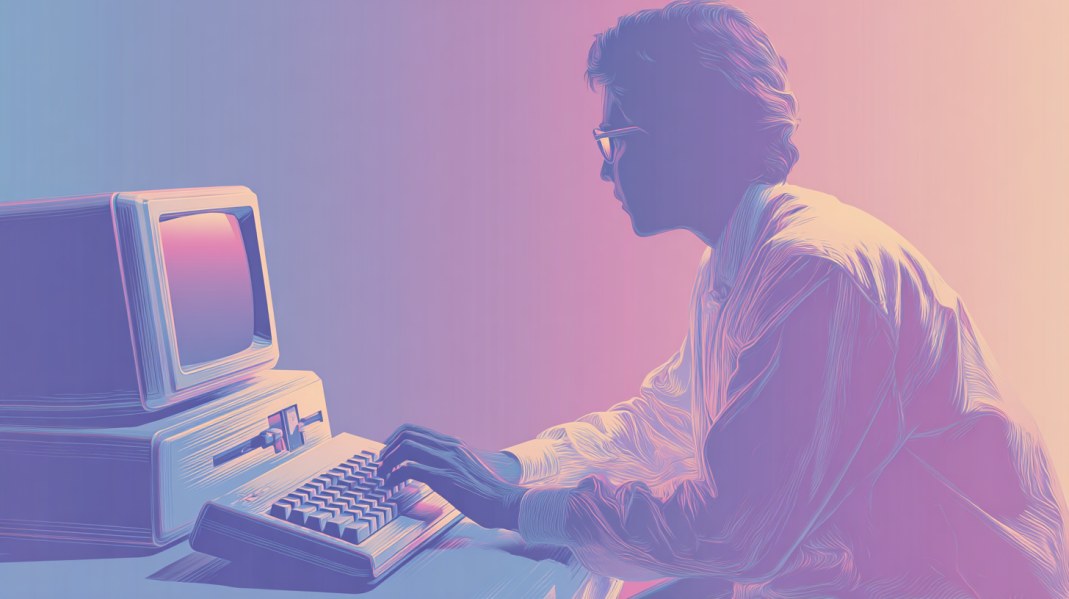
OpenAI Dev Day 2025: ChatGPT Transforms into a Comprehensive App Ecosystem
In a packed hall at Fort Mason Center in San Francisco, OpenAI CEO Sam Altman unveiled a transformative vision for the digital landscape. Against the iconic backdrop of the Golden Gate Bridge, Altman announced that the company, which popularized generative AI through its ChatGPT platform, is embarking on a new chapter. The goal is to create a comprehensive computing platform that transcends traditional screens and browsers, with the renowned designer Jony Ive collaborating on the physical design aspects.
During the third annual DevDay, OpenAI introduced a suite of innovative tools that signal a significant shift from being solely a model provider to establishing a robust ecosystem. Altman articulated this transition, emphasizing that the era of merely asking questions to an AI has ended. The future, he explained, focuses on commanding AI to execute complex tasks, autonomously build software, and seamlessly integrate into various applications.
From Chatbot to Operating System: The New 'App Store'
The centerpiece of the keynote was the evolution of ChatGPT itself. OpenAI is transforming its widely-used chatbot into an interactive platform, effectively an operating system where developers can create and distribute their own applications. Altman expressed enthusiasm about this development, stating, “Today, we’re going to open up ChatGPT for developers to build real apps inside of ChatGPT.” This initiative aims to foster a new generation of applications that are adaptive and personalized, enhancing user engagement.
Demonstrations highlighted applications from partners like Coursera, Canva, and Zillow, showcasing their seamless operation within the ChatGPT environment. Users can, for example, engage in a machine learning lecture while interacting with the chatbot to clarify concepts and utilize Canva for poster creation—all within the chat interface. For developers, this presents a significant opportunity for broad distribution, with Altman noting that apps built with the new Apps SDK can reach millions of users.
Further insight into OpenAI's vision was provided by Nick Turley, head of ChatGPT, who emphasized that the original intent was to develop a super assistant, not just a chatbot. He acknowledged that while natural language interfaces are exciting, the interface must evolve to meet user needs effectively.
The Rise of Agents: Building the 'Do Anything' AI
In addition to app development, OpenAI introduced the new Agent Kit, designed to create autonomous AI agents capable of performing tasks across various domains. Altman characterized this toolset as a complete framework that helps developers transition from prototypes to fully functional AI workers. A demonstration illustrated how a procurement agent could efficiently manage company purchases, significantly reducing the time required for such tasks.
This shift reflects the growing enterprise demand for AI that goes beyond simple information retrieval to become a productivity engine. OpenAI COO Brad Lightcap noted the necessity for more agentic AI that can take action rather than merely respond with text.
The Future of Code and the Jony Ive Collaboration
A notable advancement in software development was highlighted with the graduation of OpenAI's Codex, an AI coding assistant, to a fully-fledged product powered by the new GPT-5 model. This tool allows developers to delegate tasks, write code, and review work autonomously. In a groundbreaking demo, Codex transformed a simple whiteboard sketch into a fully functional mobile app screen.
The event culminated in an unexpected collaboration announcement between Sam Altman and Jony Ive, the former chief design officer of Apple. The duo has reportedly been working on a new line of AI-centric hardware for three years, emphasizing a fundamental shift in our relationship with technology.
The Unquenchable Thirst for Compute
Throughout the day, OpenAI's leadership reiterated the critical need for computational power to support their ambitious platform strategy. Altman remarked on the constraints posed by compute availability and the company's commitment to investing in infrastructure to meet this demand. OpenAI's President, Greg Brockman, articulated the profound economic implications of AI, predicting that it would become a key driver of future growth.
As the day concluded, the scale and ambition of OpenAI's initiatives became clear. With models like GPT-5 Pro and the new Sora 2 video generator, OpenAI is not merely creating AI but is also shaping the environment in which this intelligence will thrive—envisioning a future filled with intelligent applications, autonomous agents, and innovative hardware.
Rocket Commentary
Sam Altman's announcement at DevDay signals an ambitious pivot for OpenAI, moving beyond its origins as a generative AI model provider to a comprehensive computing platform. While this vision is indeed transformative, it raises questions about accessibility and ethical considerations in AI deployment. As OpenAI partners with Jony Ive to design a user-friendly interface, the emphasis must be placed on ensuring that these innovations are not only sophisticated but also equitable, fostering an environment where businesses of all sizes can leverage AI's capabilities. The transition from mere interaction to a more integrated ecosystem presents an opportunity for developers and users alike, but it is essential that OpenAI prioritizes transparency and ethical guidelines to ensure that this transformation benefits all stakeholders in the digital landscape.
Read the Original Article
This summary was created from the original article. Click below to read the full story from the source.
Read Original Article